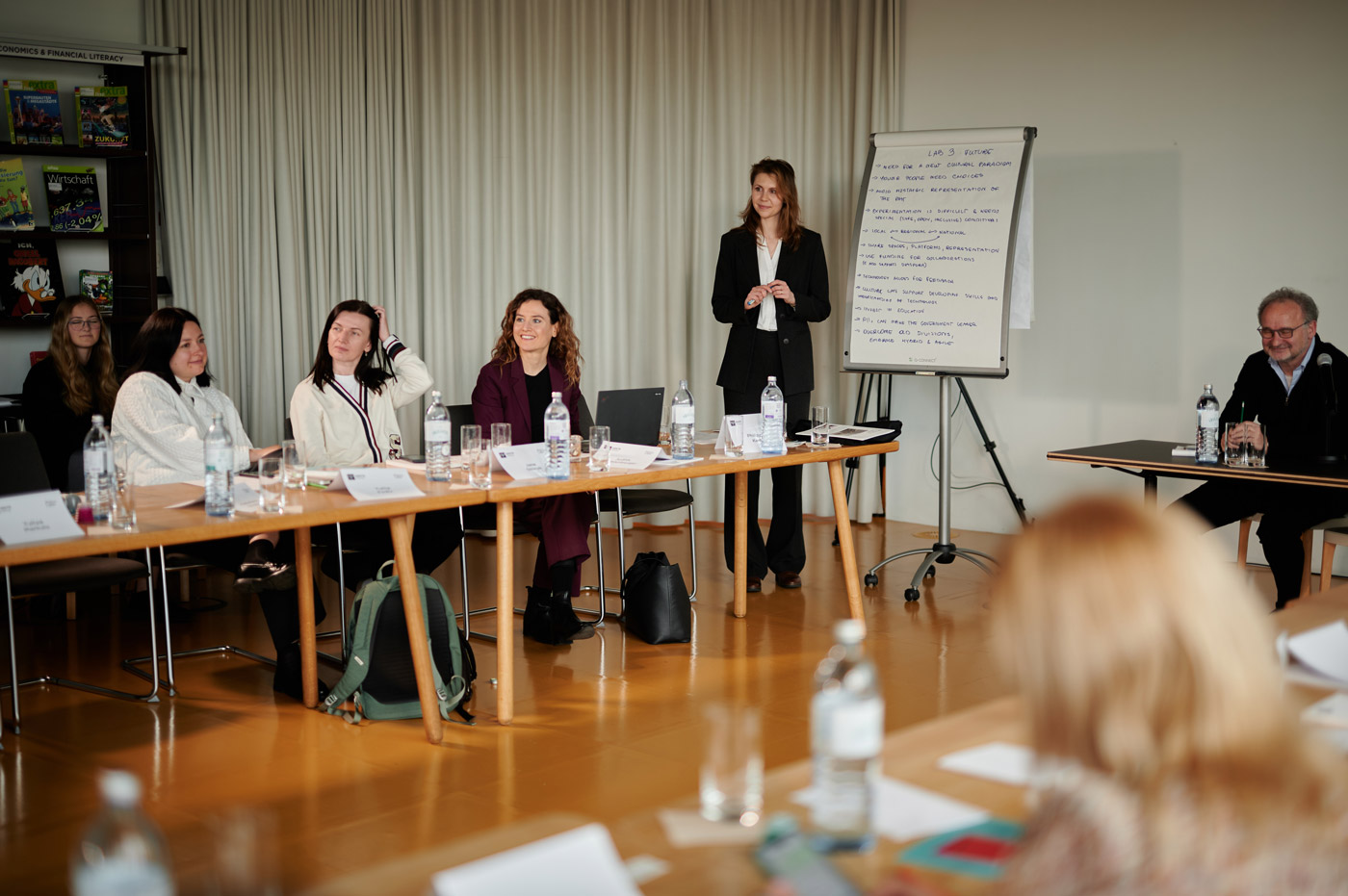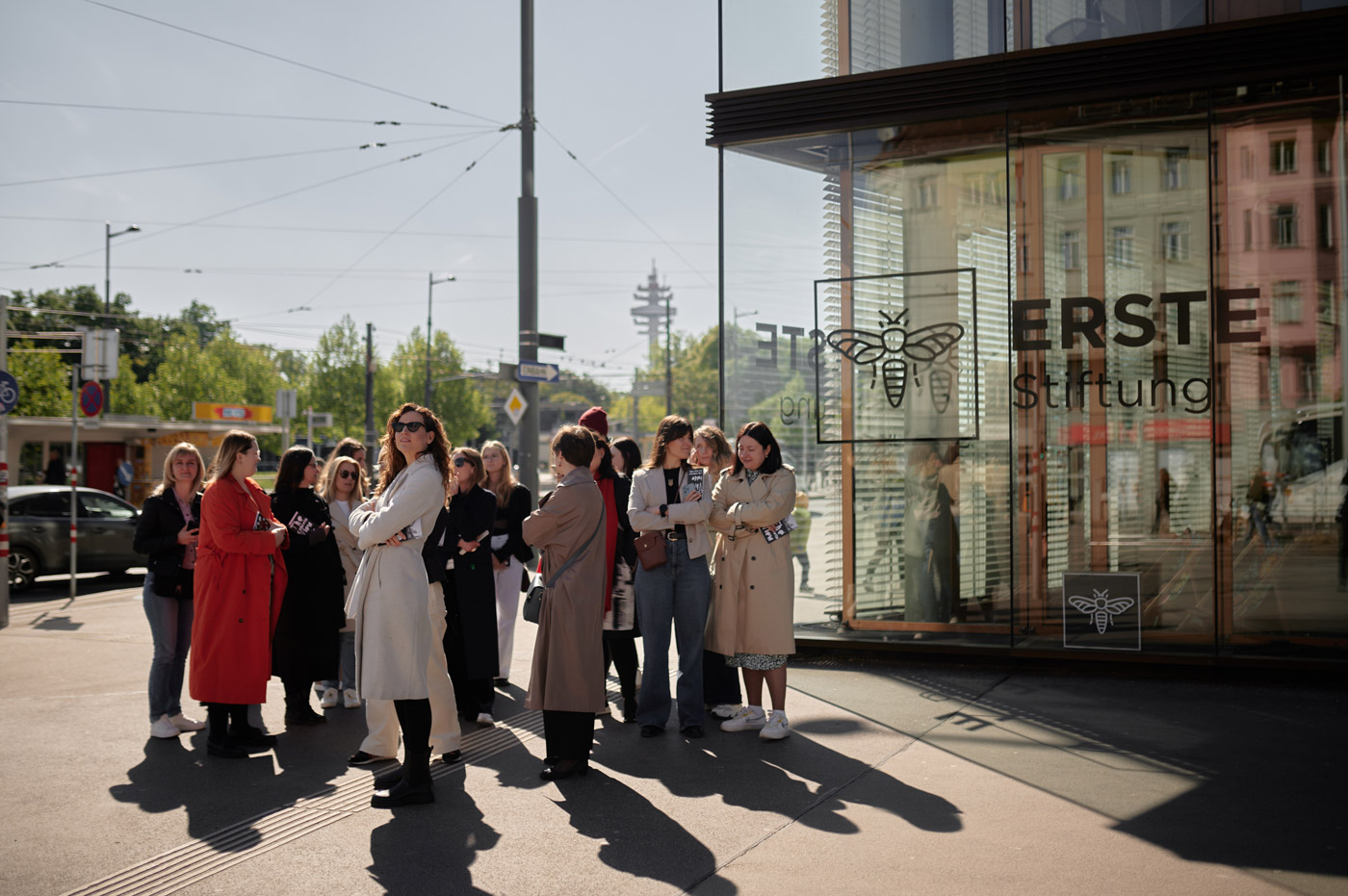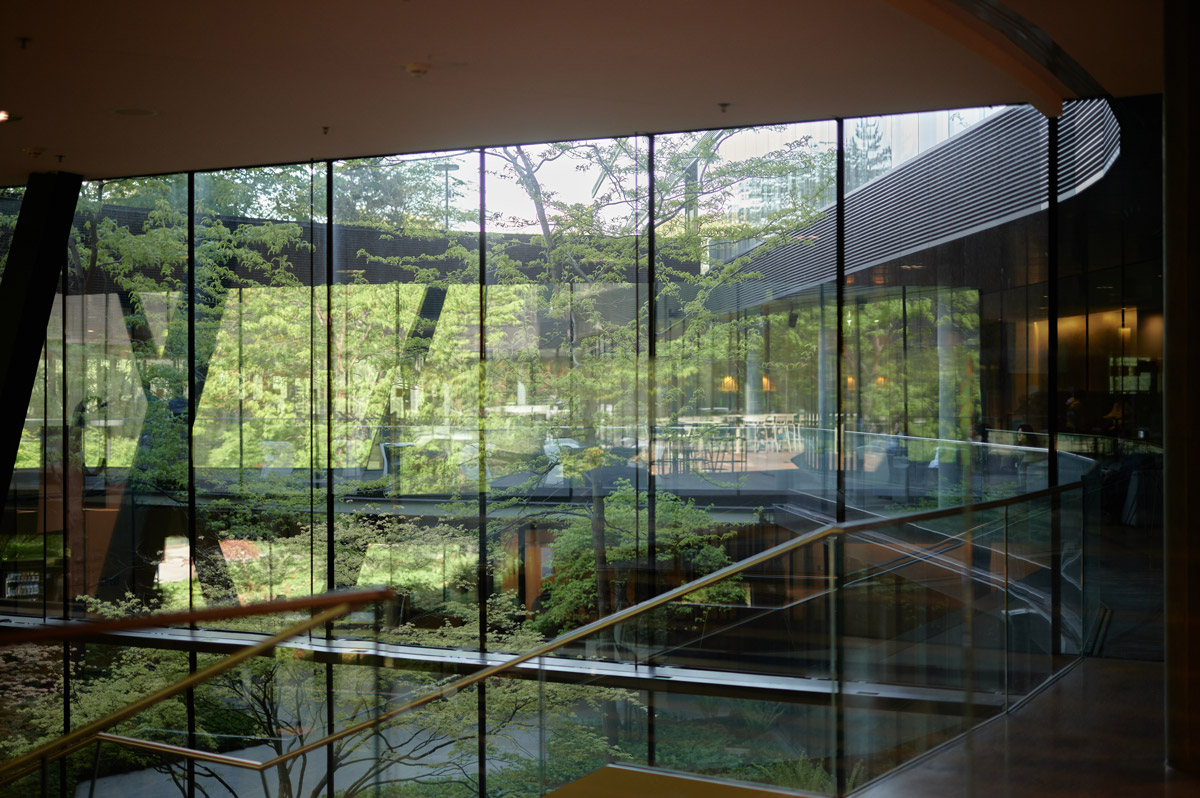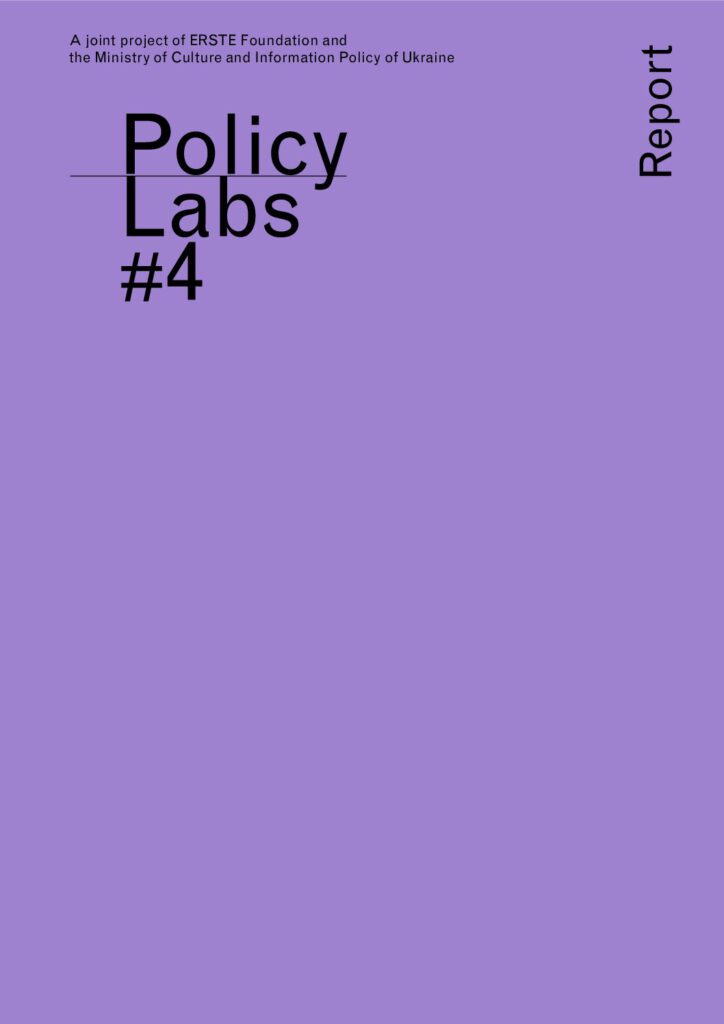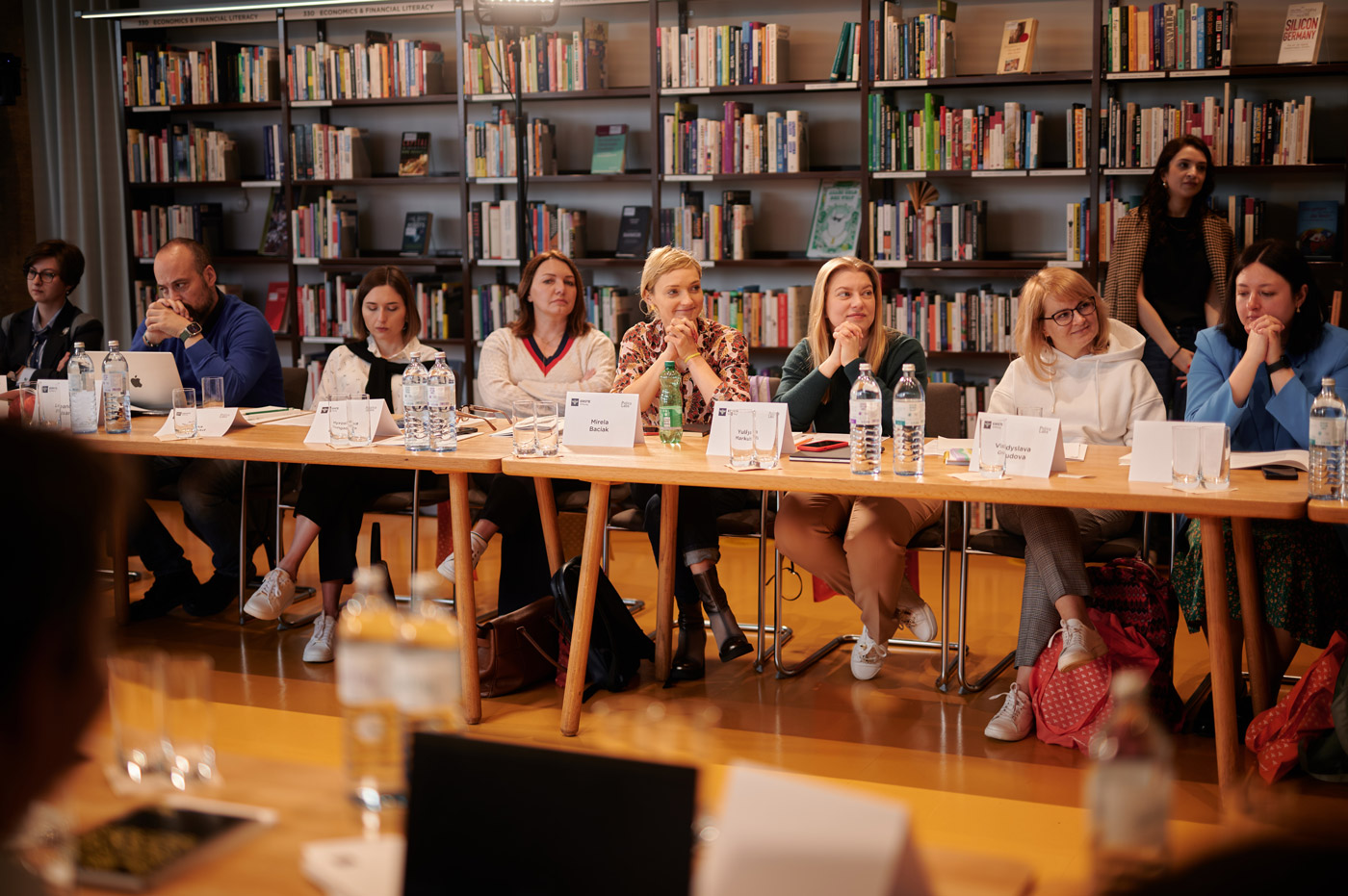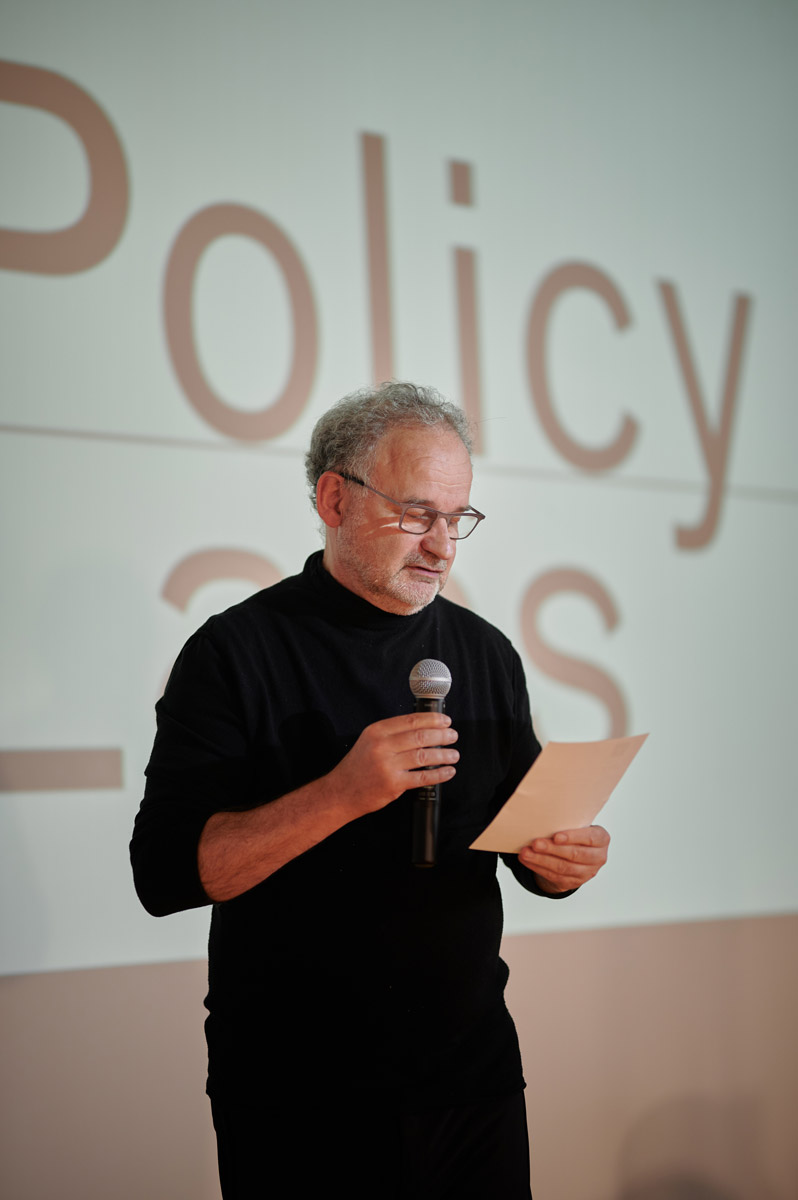Policy Labs #4
Sustainable Governance of Public Interest Institutions in Times of Polycrisis
24—26 April 2024, Vienna
This report offers policy recommendations for Public Interest Institutions (PIIs) — organisations committed to prioritising the public good at every level of their mission. Encompassing museums, universities, libraries, think tanks, NGOs, and more, PIIs serve a vital role in society, driven not only by what they do and how they do it, but most importantly, why they exist. Focused on enhancing governance frameworks, this document provides actionable strategies for strengthening the cultural and educational sectors as they build trust and support broader reconstruction efforts. Resulting from an inclusive Policy Lab process, the insights presented here represent a collaborative commitment to fostering positive change, particularly in the context of EU integration.
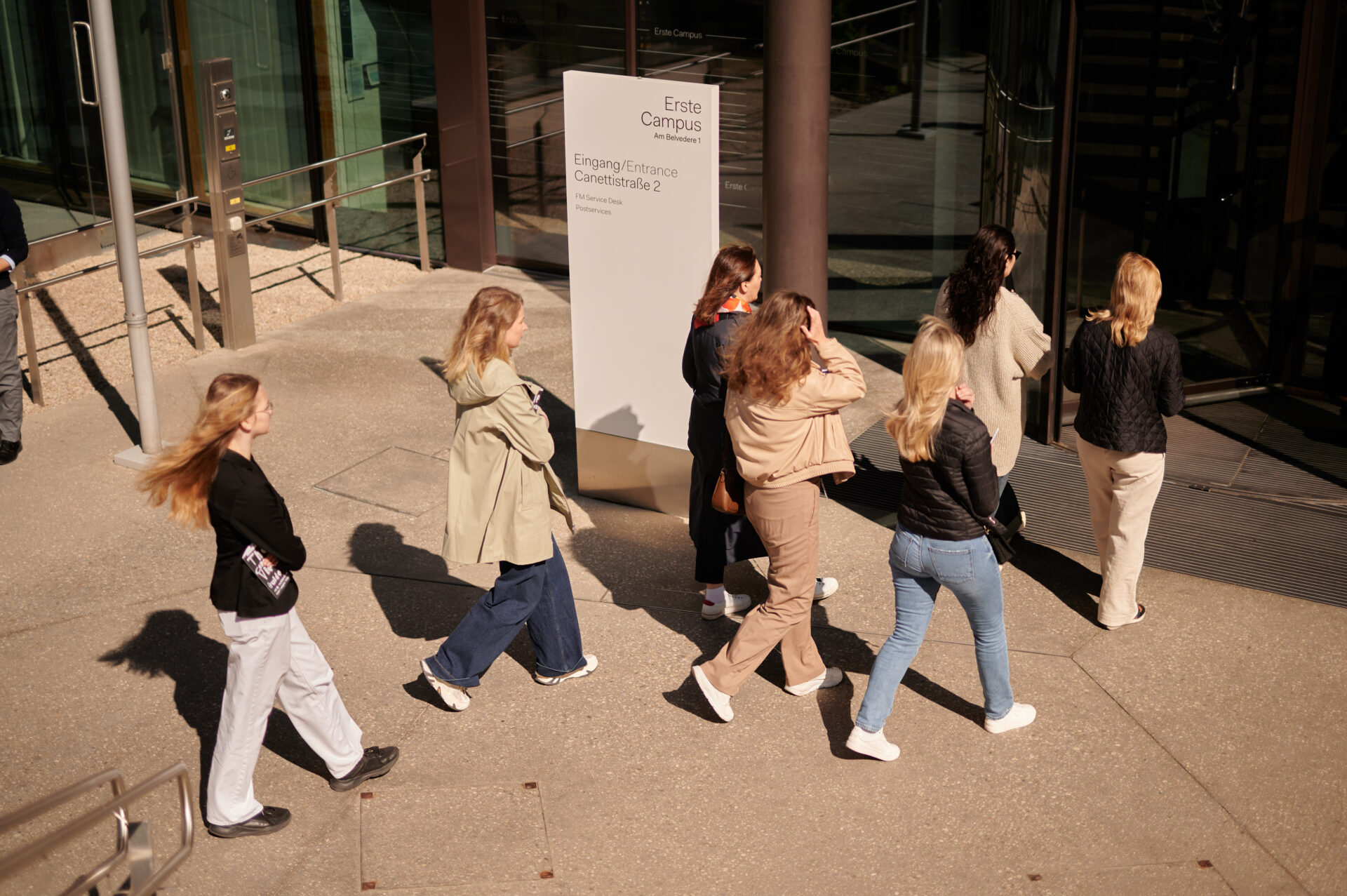
Topics
#1Transformative Governance for Community Impact
During the first day’s session, we discussed the importance of improving the rule of law and reforming public services, including enhancing the role and status of civil servants. We emphasised decentralisation to empower local decision-making, fostering citizen engagement with public institutions, and strengthening accountability through transparent mechanisms that avoid misuse. Addressing legislative inconsistencies, particularly in budget and tax laws, was highlighted, alongside the need for a clear national policy vision for public institutions. Proactive policy dialogue with civil society, improved regional cooperation, and better donor coordination were deemed essential. We also stressed capacity-building, leveraging diaspora skills, supporting veterans, and enhancing civic education to promote leadership. Finally, we noted the value of sharing governance best practices from Ukraine and abroad to harness civil society’s altruism and volunteering potential.
#2Funding and Regulatory Models
The second day’s discussions highlighted the need to improve protections for private financial investments while acknowledging that tax incentives, though beneficial in other contexts, are impractical during the war. Leveraging international donor funding alongside public funds was identified as a best practice, but challenges remain, including resource mismanagement and centralised aid flows. Capacity constraints among beneficiaries and inconsistent grant distribution undermine efforts while overlapping and conflicting regulations hinder effective implementation. Addressing these issues requires regulatory harmonisation and capacity-building at the local level to support decentralisation reforms. Public service reform is also crucial, focusing on transparency in appointments to directors and supervisory boards, clearer role definitions between funds and ministries, and fostering civil servants’ initiative-taking.
#3The Future of Public Interest Institutions in a Post–COVID, Post–Truth, Post–Growth World—A Scenario for the Future
The last session explored several key themes related to the future of Public Interest Institutions (PIIs) and their ability to address contemporary challenges. One major focus was on best practices, exemplified by the kunstverein model in Austria, a citizen-driven cultural institution supported by public funding and guided by expert governance. This approach highlights the value of community-led initiatives in fostering sustainable cultural and artistic engagement. Another significant theme was the untapped potential of academia as a resource. The discussion emphasised the need for innovation, better funding, and inclusivity in higher education to enable researchers and academics to contribute effectively to addressing societal issues. The role of culture in revitalising rural areas was also discussed, with examples illustrating how cultural spaces can offer young people opportunities and make these regions more attractive for settlement. The conversation further addressed how PIIs can adapt to global challenges such as war, climate change, threats to democracy, artificial intelligence, social divisions, and the impacts of social media. A recurring theme throughout was the importance of citizen engagement in public interest projects, demonstrating the critical role of inclusive and participatory practices in creating responsive and resilient institutions. These discussions underscored the potential for culture, academia, and community-driven initiatives to transform PIIs into agents of meaningful change.
Participants
Anastasia Murzanovska
Grants and Advocacy Officer at European Partnership Civil Society Forum, Belgium
Anna Novosad
Ex-Minister of Education and Science of Ukraine, Co-founder at savED, Ukraine
Anne Wiederhold-Daryanavard
Artistic Director Brunnenpassage, Austria
Clara Montero
Cultural Director at TABAKALERA-Centro Internacional de Cultura Contemporánea, Spain
Jane Oliinyk
Founder of the Media Development Fund, Ukraine
Johanna Mair
Professor of Organization, Strategy, and Leadership at the Hertie School, Distinguished Fellow at the Stanford Center on Philanthropy and Civil Society, Academic Editor of the Stanford Social Innovation Review, Co Director of the Global Innovation for Impact Lab, Germany
Judith Kohlenberger, Dr.
Post-Doctoral Researcher at the Institute for Social Policy of the Vienna University of Economics and Business (WU), Researcher at the Wittgenstein Centre for Demography and Global Human Capital (IIASA, VID/ÖAW, WU), Austria
Leandro Pisano
Founder and Director of the Interferenze New Arts Festival, Interzona Cultural Association, Italy
Małgorzata Ławrowska - Von Thadden
Founder & CEO at OBMIN, Poland / Germany
Marianne Mann
Programme Coordinator at NGO Academy, Austria
Markus Janzen
Country Manager Central- and Eastern Europe at Porticus Vienna GmbH, Austria
Mirela Baciak
Director of Salzburger Kunstverein, Austria
Myroslava Gongadze
Eastern Europe Chief at VOA, Editor, Media manager, TV host, Public speaker, Expert on Ukraine and Eastern Europe, Ukraine
Oksana Nechyporenko
Co-founder and Head of the Board of GoGlobal NGO, Chief of Staff and Head of the Advisory group to the Prime Minister of Ukraine (2019-2020), Ukraine
Oleksandr Iakymenko
Country Director for Ukraine at Democracy Reporting International gGmbH, Germany
Paul Zoubkov
Manager – Europe, Democracy Reporting International gGmbH, Germany
Tetyana Vodotyka
Academic Director, MA in Urban Studies and Postwar Reconstruction at Kyiv School of Economics, Ukraine
Vladyslava Grudova
Executive Director at Kyiv School of Economics Institute, Co-Head of the Project damaged.in.ua, Ukraine
Yuliia Babko
Program Manager at Internews Ukraine, Ukraine
Yuliia Fediv
Cultural and Media Manager, Member of the Supervisory Board of the Ukrainian Institute, National Cultural Officer by the UNESCO Kyiv Desk, Expert on Culture and Media at EU-supported project RES-POL, Ukraine
Yuliya Markuts
Head of the Center for Public Finance and Governance at the Kyiv School of Economics, Ukraine
Yuliya Tychkivska
Executive Director at the Aspen Institute Kyiv; Founder of the Open University of Maidan, Ukraine
Svitlana Kovalchuk
Executive Director at Yalta European Strategy – YES, Ukraine
Oleksandra Demianenko
Associate Professor of the Department of philosophy, social and political sciences at the Bohdan Khmelnytsky National University of Cherkasy, Ukraine, columnist of the all-Ukrainian newspaper “Mirror of the Week”
Moderators
Yana Barinova
Program Director for European Policies and Ukrainian affairs at the ERSTE Foundation
Philippe Kern
Founder and managing director of KEA
Aleksandra Ćwik-Mohanty
Senior consultant at KEA
Media
